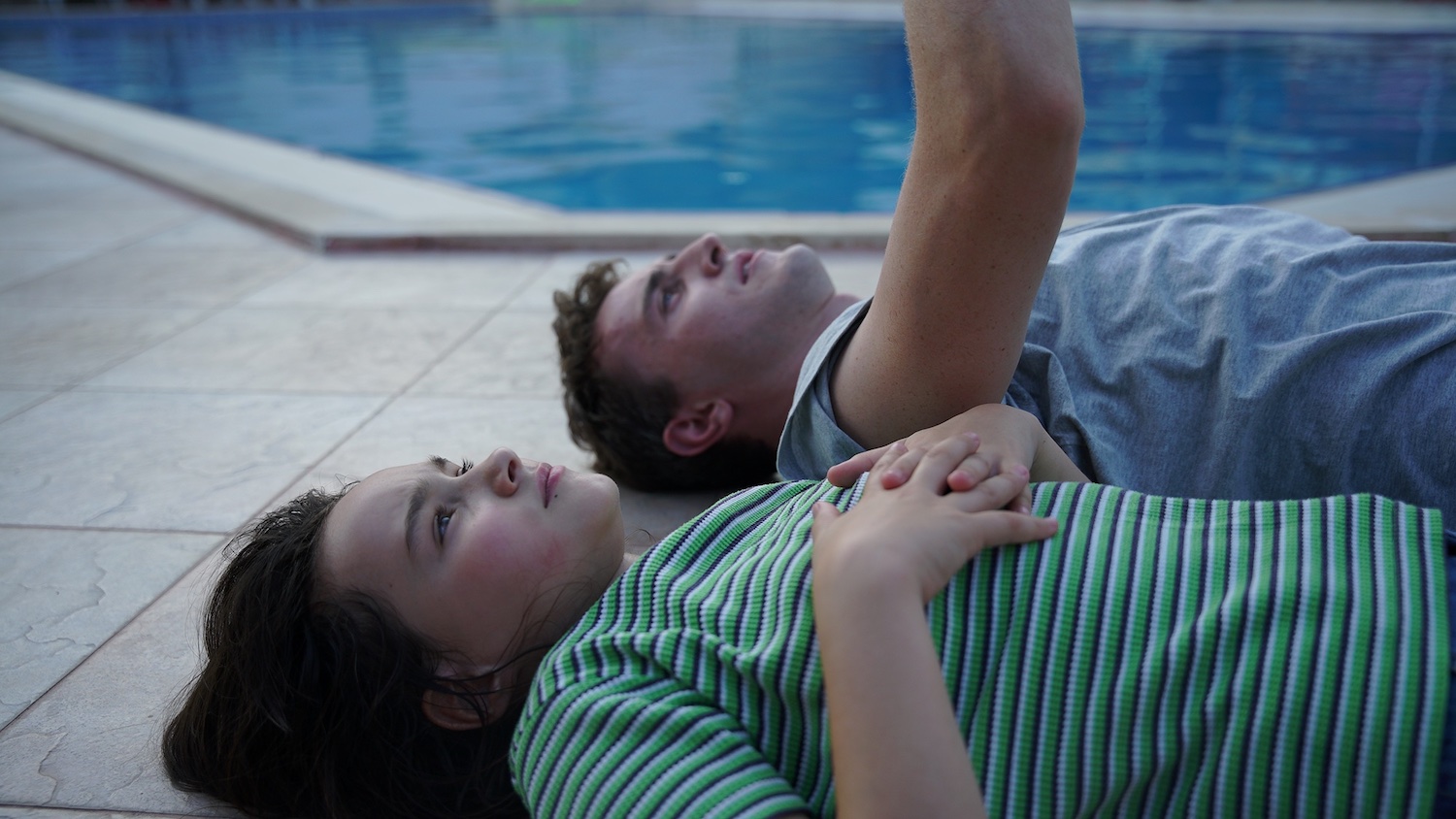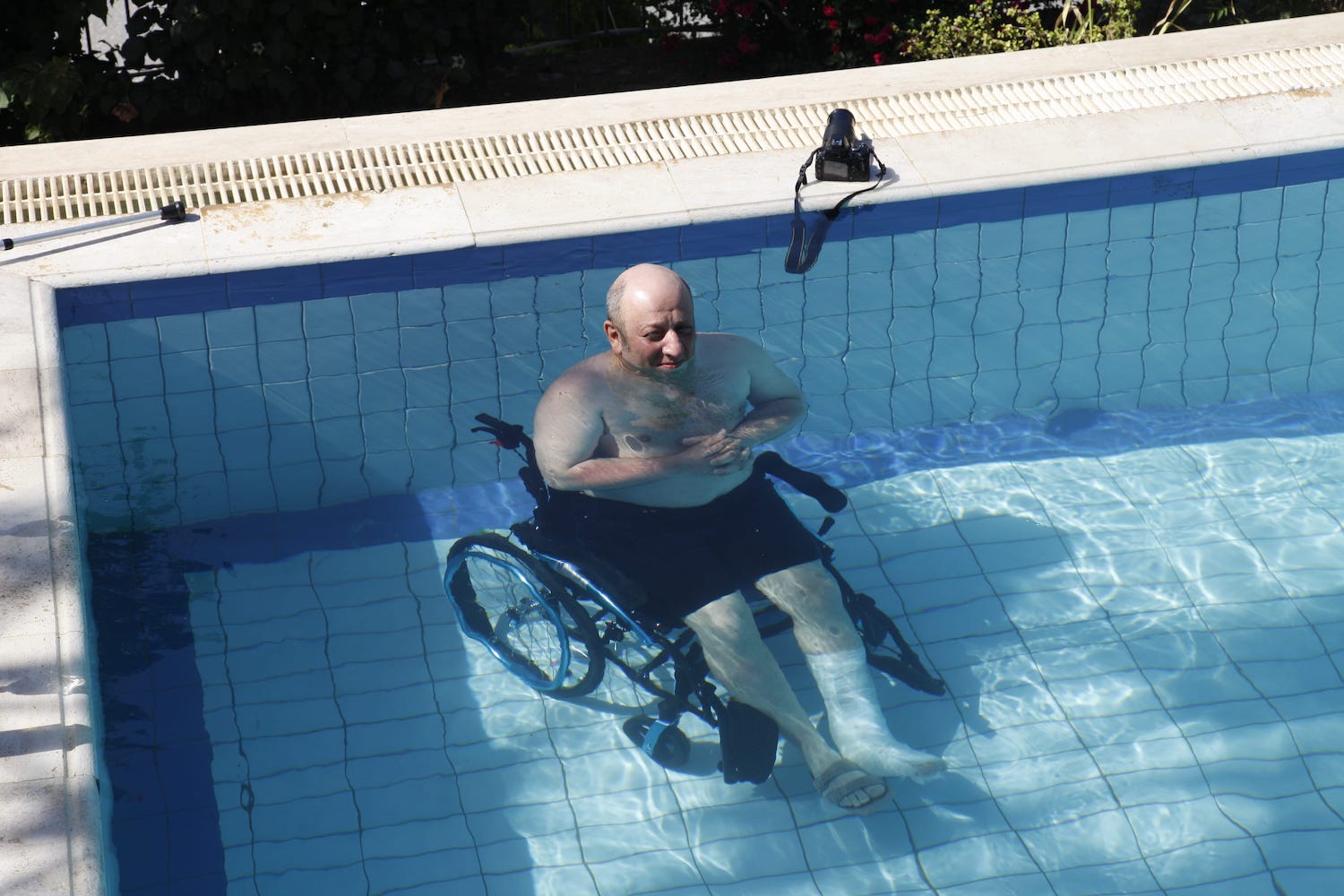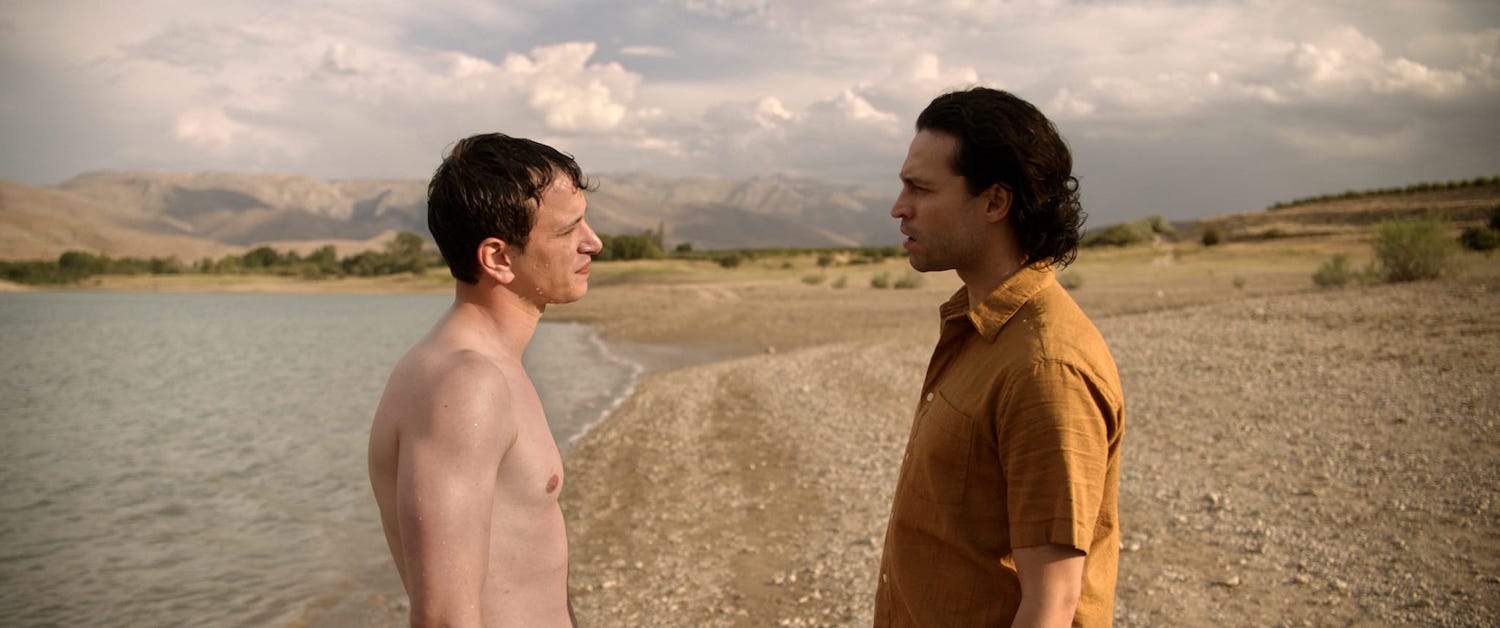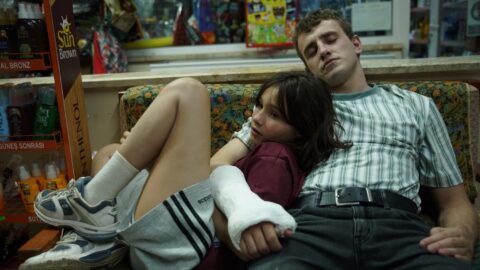I live in Charlottenburg, Berlin, so have to say that I feel right at home in Antalya, as the sounds of Turkish and Russian mix freely on the streets of the city. In fact, it’s strange how familiar it all seems, the shuttle bus taking us deeper into town this time, past endless minimarts, phone shops, dress shops and jewellers. It’s a lot warmer and the buildings are far more Mediterranean, looking faded by the sun with air conditioners on the outside, but otherwise these could be streets in Neukölln or Moabit.
It’s a modern city. There’s hipster coffee shops, expats, the expectation that you can and will be able to speak English anywhere. The tourism industry bends naturally to the international, with my own tongue blessedly the lingua franca, making a trip like this as seamless as possible. But not all trips to or within Turkey (or Turkish-speaking lands) are as smooth. Today’s programme showed three different ways it can all go wrong.

Brits on Tour
The brilliant detail at the heart of Aftersun (Charlotte Wells, feature and above) — playing in the Another World section — is not really in its depiction of Turkey. It’s all about the classic British holiday abroad, meaning it could have been set in Spain or France or Italy or Greece. What it shows, like my experience in Antalya, is how the entire Mediterranean tourism industry is built around making people like the British comfortable, so they can fit into their hotels with ease. Otherwise they, and I’m too mild-mannered to include myself with them, will certainly complain.
Aftersun is set in the 90s at an inclusive resort, with pool tables, a circular bar with the British flag in the middle, arcade games, live entertainment, and even young British staff. You can be out and about on the far end of the continent, but everything has been catered to make you, the Brit, feel like you’re somewhere you understand.
It brought back memories. Sunsail, Greece. I remember getting dreadfully sick after moussaka, running away with the other kids, getting in trouble for swearing, and a birthday spent island hopping. Always eating in the same hotel restaurant. Kitsch music during dinner that’s too loud for you to make conversation. Considering that a lot of these vibes are also here on my trip now, I felt like I watched this film in the perfect place.
It’s about a Scottish father-and-daughter duo on a trip together without the mother. It starts with grainy VHS footage of Calum (Paul Mescal) dancing by the balcony with Sophie (Frankie Corio) filming. It’s her 11th birthday. She asks him what he wanted to be when he was 11. He doesn’t remember. He doesn’t remember a lot of things.
It’s suitable for a memory piece. Modern-day Sophie — barely seen, but with a strong enough presence to anchor the film — is looking through the VHS tapes, trying to understand her father. Sometimes, she’s in a metaphorical, strobe-filled nightclub, processing her trauma as he has evidently passed away. The film is deliberately elliptical, focused on sensation and ideas rather than conventional plot, creating more of a vibe before slowly working its way to a tearjerking climax.
Mescal does what he does best: look sad and play the whole film with the exact same level of understated/underdeveloped emotion. He’s a good-enough actor, but with so many long takes — and often weird ogling shots of his waistband, back, legs and feet — he cannot carry the insane emotional charge that a film like this, channelling both Claire Denis and Andrea Arnold in a kind of EuroBrit mashup, demands. It ends with a dance scene (another fucking Beau Travail (Claire Denis, 1999) homage) and as the great climax of the film, I knew that people back home watching this at London Film Festival are going to be crying. But I felt very little. It just didn’t work for me. It’s because of Mescal. He needs to do more. He’s just coasting after Normal People.
It grew on me as I talked about it however, with many ways that you can take and understand the material, those little details accumulating throughout the film with a smart, enigmatic power. (Other critics were more enthused, although they couldn’t understand the Edinburgh accent and wanted English subtitles.) Charlotte Wells is evidently a talented director, but the script probably needed less sentimental charge and to cast a less obvious actor than the current dude of the day. I really want to see her get a shitload of money to make another film though, as this is someone with a clear style, a gift for detail and framing, and something to actually say. Let’s see if the insane hype is a gift, or a curse.

Turks in a Turkish Land
You can always judge how nice an audience will be when the plane lands. If people clap when the plane lands, then they’ll clap after public screenings. Watching Turkish crowd-pleasers here has been an absolute joy because audiences laugh, invoke Allah, clap, and generally get really into the films, no matter what they are. This is something that surely elevated the experience of watching National Competition entry Hollow (Onur Ünlü), a broad, pretty bad comedy that nonetheless provided a pretty enjoyable time.
As I’m the kind of person to spend far too much time looking on borders on Google Maps, I’ve always been fascinated by Northern Cyprus. After a coup d’état in 1974 by the Greeks, followed by the Turkish invasion, it’s been an autonomous zone forever. People live there, love there, go to work there, just like anywhere in the world. But it’s not allowed to be a country by the international community for some reason… I’m not getting into it.
I want to go now after watching this film however, which opens with a petrochemical company having a lottery to see which one of its lucky employees will be able to visit this country, filled with beautiful villas owned by rich Turks. Günel, balding, short, hunched, anonymous-looking, is certain he will win, but the prize goes to an already-successful colleague. He believes there’s insider corruption. Luckily for Günel, this guy dies in a painful car crash, and he is able to take the trip after all. But this trip is more cursed than he could ever imagine, interacting with criminals, lechering after uninterested women, and breaking his leg in the process.
Mixing black humour with murder and cross-cultural confusion, I think it will do well domestically or at least in Germany. People were seriously reacting to a long joke about dialects that no one but the Turks will understand. Internationally however, it’s a little too silly and broad and juvenile to make an impact. If I watched at home, I would’ve zoned out long ago.

City Boy, Country Life
I’m of the general opinion that a bigger separator between mankind is not nationhood or race, but wealth and general background. I believe, as a Londoner, I probably have more in common with someone from Istanbul than a dude growing up in Cornwall. I’d probably feel more at home in Istanbul too. The most striking thing about Turkey however, is just how drastically the country can change depending on where you are.
With National Competition favourite Burning Days (Emin Alper), we are back in classic arthouse territory, the image of Turkish cinema most easily exportable to cinephiles like me and you — small town Anatolia, corruption, long takes, and a smouldering, dangerous atmosphere.
Our hero, Emre (Selahattin Paşalı) is a public prosector from Istanbul sent to this remote part of the world in order to help a small town prosper. It opens on a massive sinkhole, the prosecutor peering in to understand the enormity of his task. Sinkholes, like in The Foundation Pit (Andrey Gryazev, 2020), are not subtle metaphors. Someone, somewhere has to seriously fuck up for a sinkhole to occur. Chinatown-style (Roman Polanski, 1974), there’s water problems. And it’s all linked to the mayor.
Emre should, like Jake, just forget it. But he’s an idealistic man, with little understanding of the realpolitik needed in order to effect real change in this place. In many ways, this is basically a Western, with widescreen panoramas, long-takes of dusty roads, romance, a great sense of the community as a living organism and a John Ford-style attempt to understand the nation through depicting its most lawless regions. Moving between modes with ease, it shows how Alper is far, far ahead of his national peers at this competition so far.
One highlight is a drinking scene, probably the most crucial scene in the entire film. Alper is one of the great auteurs of long public drinking — alongside Yasujiro Ozu or Hong Sangsoo — able to really get into the rhythm of dialogue needed to show how alcohol alters our brain. Moving between menace, humour, suspense and more, this is one of the finest scenes of the year. Maybe he could make a hangout movie one year.
But tackling corruption, LGBTQI+ issues and warning against the rise of fascism, it’s not just an expertly-made the film but a politically-vital one as well. It’s worth pointing out that Alper’s associate producer Çiğdem Mater was jailed by the government as part of some kind of sham crackdown, giving the film an extra sense of urgency. Let’s just say, I don’t think any of the people ecstatically reacting to that film are going to vote for Mr Erdoğan in the spring.
I’ll be surprised if there’s a better Turkish film in competition this week. Let’s find out tomorrow. Feel free to subscribe.
Redmond is the editor-in-chief of Journey Into Cinema.
